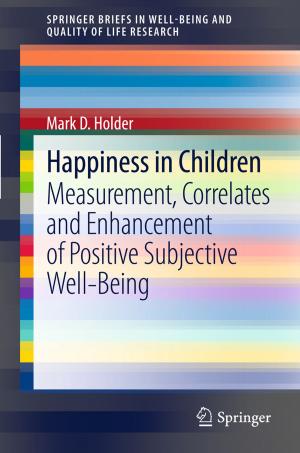Grandma, Can We Talk?
Nonfiction, Family & Relationships, Relationships, Grandparenting, Health & Well Being, Psychology, Child & Adolescent, Child Development| Author: | Summit Crossroads Press | ISBN: | 9781370526116 |
| Publisher: | Summit Crossroads Press | Publication: | October 4, 2017 |
| Imprint: | Smashwords Edition | Language: | English |
| Author: | Summit Crossroads Press |
| ISBN: | 9781370526116 |
| Publisher: | Summit Crossroads Press |
| Publication: | October 4, 2017 |
| Imprint: | Smashwords Edition |
| Language: | English |
In “Grandma, Can We Talk?” Dr. Roger McIntire offers advice for grandparents experiencing those awkward moments with their grandchild when the topic of conversation has run dry. Strategies for dealing with topics from sex to friends, school, and dangerous habits can help Grampa or Grandma encourage reasonable conversation and a comfortable relationship.
The first chapter, “Listen Well’” presents the important point that children are especially sensitive to personal comments, “What Are You Saying About Me?” To keep the conversation away from criticism and to avoid making your child the topic, avoid “You” to start your remarks selecting “It” instead. It will help you get around the temptation of making your grandchild the subject of criticism.
Subsequent chapters take up the common problems that come up in family conversation, the games that children play in these discussions, school problems, boy problems, friends and the not-so-common problems of early bad habits of alcohol, drugs and childhood fears.
The challenges of college and, finally, the difficulties of discipline are explored once more with examples. Emails, Predators, Video Games, Bullies and Tweets make up the last chapter concerning the habits of grandchildren in Social Media.
In “Grandma, Can We Talk?” Dr. Roger McIntire offers advice for grandparents experiencing those awkward moments with their grandchild when the topic of conversation has run dry. Strategies for dealing with topics from sex to friends, school, and dangerous habits can help Grampa or Grandma encourage reasonable conversation and a comfortable relationship.
The first chapter, “Listen Well’” presents the important point that children are especially sensitive to personal comments, “What Are You Saying About Me?” To keep the conversation away from criticism and to avoid making your child the topic, avoid “You” to start your remarks selecting “It” instead. It will help you get around the temptation of making your grandchild the subject of criticism.
Subsequent chapters take up the common problems that come up in family conversation, the games that children play in these discussions, school problems, boy problems, friends and the not-so-common problems of early bad habits of alcohol, drugs and childhood fears.
The challenges of college and, finally, the difficulties of discipline are explored once more with examples. Emails, Predators, Video Games, Bullies and Tweets make up the last chapter concerning the habits of grandchildren in Social Media.















